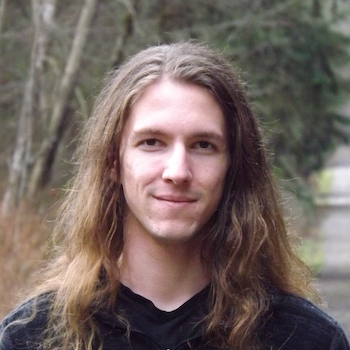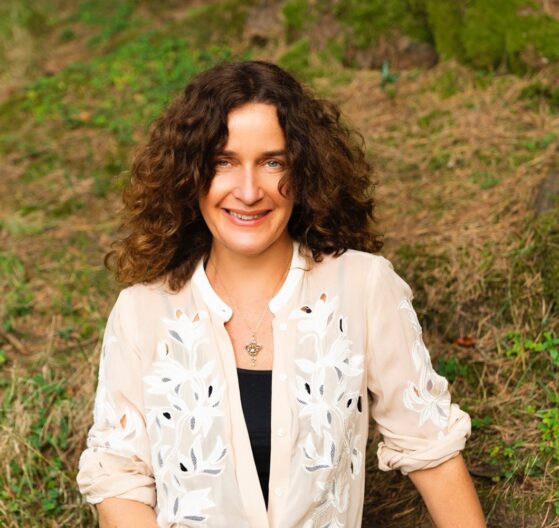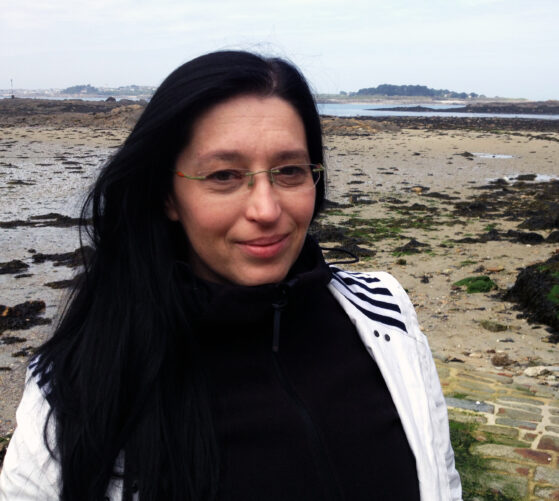Can ocean memory help us better understand the global system?
Ocean Memory Lightning Talk
I’m interested in exciting scientific examples of memory in the ocean, but as a humanist, I’m also interested in how the ocean might change the way(s) that we think about memory. This question is closely related to the topic of my first book, Wild Blue Media, which works through the literary and philosophical implications of imagining media concepts (inscription, interface, database) underwater. During the first two iterations of the OM workshops, I gave a talk on common metaphors of memory/cognition, and also led a short workshop on writing science fiction inspired by Ursula LeGuin’s story “The Author of Acacia Seeds.” I am currently a member of the group collaborating on the “Descent and Transformation” project.
Collaboration Connections
Connected Events
Patrick Rafter
Dr. Patrick A. Rafter is a scientist in the Department of Earth System Science at UC Irvine using his expertise in marine biogeochemistry and isotope geochemistry to tackle a variety of carbon and climate-related research questions. Some highlights of his work include: (i) A new model for N and Fe cycling in iron-limited ocean waters; (ii) Testing the long-term sensitivity of equatorial Pacific air-sea dynamics to radiative forcing; (iii) Proposing a new model for marine sedimentary carbon sources via seafloor volcanism; and (iv) An on-going survey and examination of global deep-sea 14C/C over the past 30,000 years.






